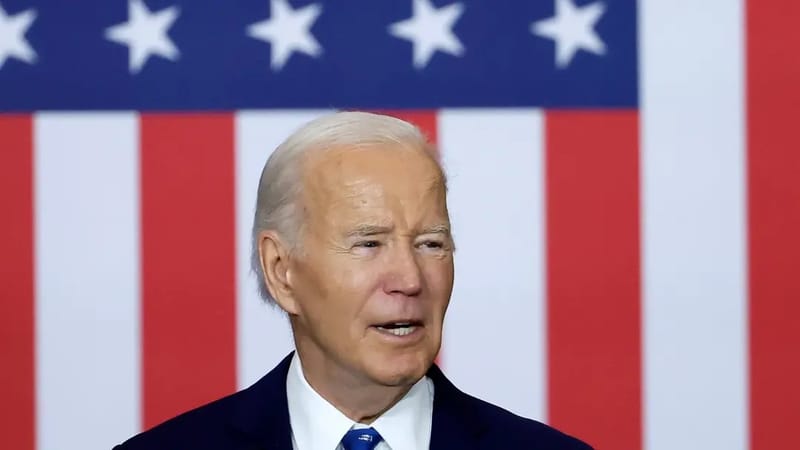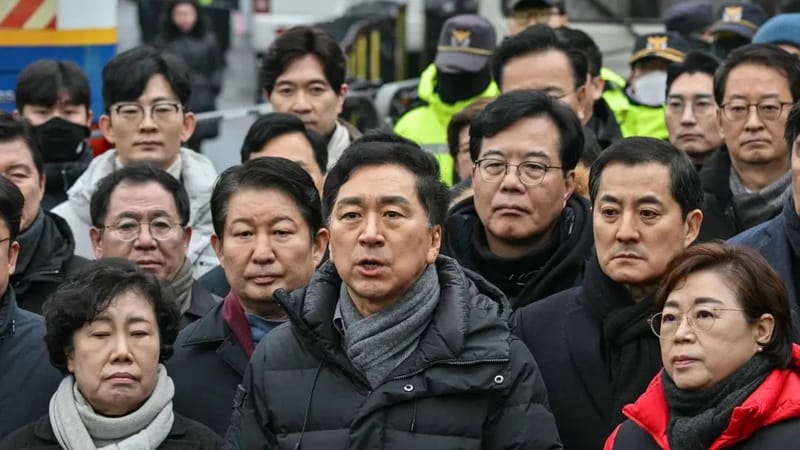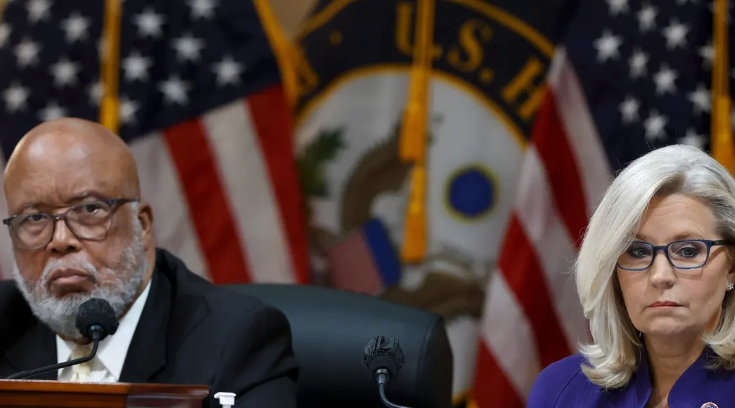SCOTUS Narrows Use of Obstruction Charge in Jan. 6 Cases
By a vote of 6-3, with liberal Justice Ketanji Brown Jackson joining the majority, the Supreme Court (SCOTUS) ruled Friday that the US Dept. of Justice (DOJ) wrongly used a federal law to prosecute Jan. 6 Capitol riot defendants....
Facts
- By a vote of 6-3, with liberal Justice Ketanji Brown Jackson joining the majority, the Supreme Court (SCOTUS) ruled Friday that the US Dept. of Justice (DOJ) wrongly used a federal law to prosecute Jan. 6 Capitol riot defendants.1
- The law in question, the 2002 Sarbanes-Oxley Act, criminalizes anyone who 'alters, destroys, mutilates, or conceals a record, document, or other object' to 'impair' an 'official proceeding' or 'otherwise obstructs, influences, or impedes any official proceeding.'2
- The DOJ used the law, which carries up to 20 years in prison, after the Jan. 6, 2021 Capitol riots to prosecute over 350 people and former Pres. Donald Trump for allegedly attempting to obstruct Congress' certification of the 2020 presidential election.3
- The majority wrote that given the law was written about the 'Enron accounting scandal,' which involved shredding documents, it's 'peculiar to conclude' that Congress meant for the provision to apply other scenarios.4
- In her dissenting opinion, conservative Justice Amy Coney Barrett, alongside liberal justices Sonia Sotomayor and Elena Kagan, wrote that the majority 'failed to respect the prerogatives of the political branches' by doing 'textual backflips' to narrow the law's interpretation.4
- Although this may impact Trump's Jan. 6 obstruction case, he still faces two other cases surrounding the last election — including one on presidential immunity that SCOTUS has yet to rule on.5
Sources: 1FOX News, 2New York Post, 3Washington Post, 4The Hill and 5New York Times.
Narratives
- Republican narrative, as provided by Townhall. SCOTUS has heroically defended those who entered the Capitol on Jan. 6 from the corrupt Biden DOJ's bad faith attempt to use the Enron charges against them. Hundreds of Trump supporters, who simply got caught up in a mob, were about to be turned into political prisoners just because the DOJ didn't like them, but now they can get justice.
- Democratic narrative, as provided by Los Angeles Times. Allegations that the DOJ used a broad brush with these charges are false. Out of the more than 1.2K criminals prosecuted for the Jan. 6 riots, only 300 or so were carefully chosen for these charges by the DOJ. They violently attacked the Capitol with the explicit motive of stopping the election certification, and thus should be punished as such.







